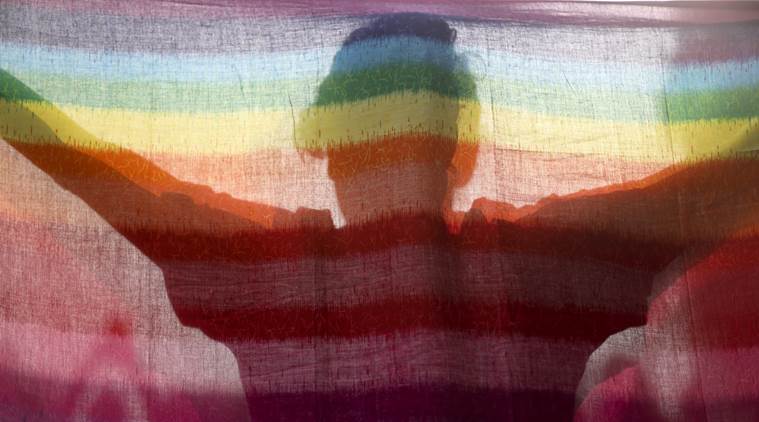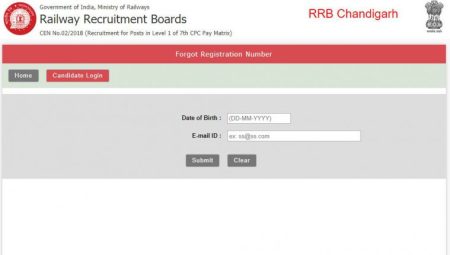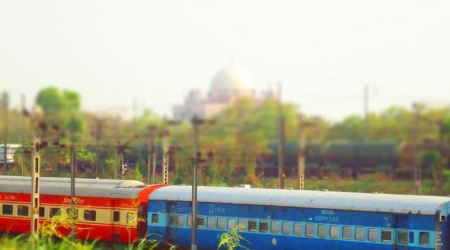I never thought I would live to see this day: Queer activist on 377 verdict
“I never thought I will live to see this day,” says Sahni, who was a member of AIDS Bhedbhav Vidroh Andolan (ABVA), the first organisation to file a petition asking for Section 377, which criminalises homosexuality, to be struck down.
68
SHARES
SHARE
Written by Premankur Biswas | New Delhi | Updated: September 6, 2018 8:40:27 pm

TOP NEWS
P Sahni cuts a lonely figure against the grand edifice of Supreme Court of India. Even as mediapersons scramble for bytes of petitioners, lawyers and activists at the lawns of the highest court of India, Sahni, in her 60s, looks at the structure like he is a pilgrim waiting for deliverance. His jhola stuffed with documents, his kurta drenched with sweat, Sahni is a picture of genteel resistance.
“I never thought I will live to see this day,” says Sahni, who was a member of AIDS Bhedbhav Vidroh Andolan (ABVA), the first organisation to file a petition asking for Section 377, which criminalises homosexuality, to be struck down. Today, his eyes are welling up. He remembers a similar day close to two decades ago outside the Delhi Hight Court. “In 2001, our petition against section 377 was struck down. But we saw that coming. We knew that our time had not arrived then,” says Sahni.
Today, that day has come. And Sahni is understandably overwhelmed. “I cried all night. I know that the time is ripe now, but many of us have aligned all our lives, all our relationships on the basis of this. Many of our friends have left the country. Many of us couldn’t make it this far. I am remembering those friends,” says Sahni.
Sahni remembers the time in the early 1990s, when he would meet with his fellow ABVA members every Wednesday at India Coffee House. “We were taunted as the G Group, after a Hindi expletive for sodomiser by fellow patrons of the Coffee House. But we didn’t care. We grew a thick skin,” he says.
The stocks were stacked against the queer community of the country then, but this time around, the buzz was very positive. Yet, many queer activists of the country were keeping their fingers crossed. A few paces away from Sahni, Sukhdeep Singh, a queer activist who runs an independent gay webzine, talks about his apprehensions. “The shock of the 2013 verdict was almost physical. That day, we were sure section 377 will be struck down. But the opposite happened,” says Singh.
In December 2013, the Supreme Court overturned the 2009 Delhi High Court verdict that had decriminalised consensual sex among adult homosexual men.
Many queer activists remember that fateful day of December 2013 as a day of “reality checks”. “Till then we were buoyed by the 2009 verdict. We were enveloped by this false sense of well-being. We needed that jolt,” says Malobika, of Saphho For Equality, a Kolkata-based organisation for queer women. That day, Malobika organised a rally at Kolkata’s Nandan cinema complex.
“We needed to tell the people of the community that we need to stand by each other. We needed to tell ourselves that we have no option but to soldier on,” says Malobika.
Yashwinder Singh, who is one of the victorious petitioners from the Humsafar Trust, is clearly dressed for the occasion. With a rainbow silk scarf, draped casually over his kurta, Yashwinder is fielding a volley of questions from reporters. Did he not anticipate a victory? “In 2013, I clearly remember that the verdict came a day after international human rights day. The irony was not lost on us,” says Singh.
Rituparna Borah, a queer feminist activist, echoes that very sentiment. “This verdict should have been given way before. We have been denied it all along. We have been fighting for our basic rights. Today we stand vindicated,” says Borah.
Perhaps this is exactly what Justice Indu Malhotra was addressing when she said “history owes the LGBT community an apology for their sufferings.”
Sahni has finally got his apology. A few decades too late maybe. But an apology nonetheless.





